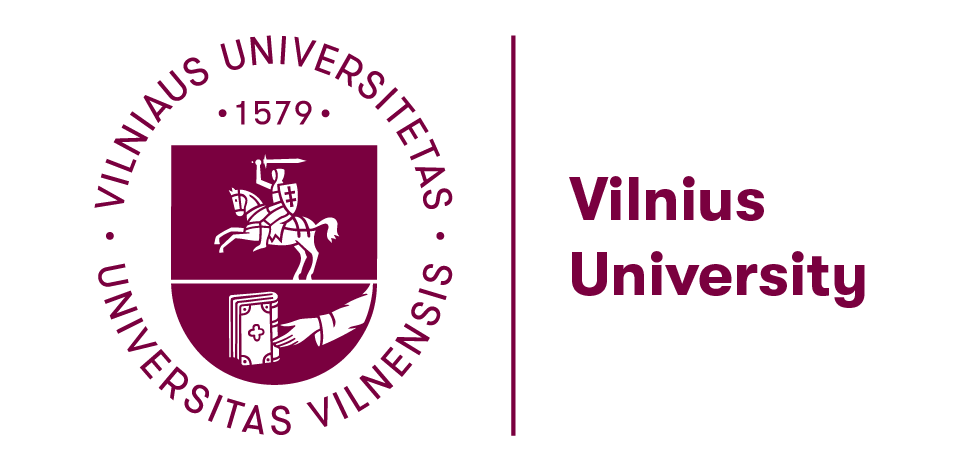S. Raižienė, D. Stumbrienė, L. Ringienė, R. Dukynaitė, A. Jakaitienė
The European Proceedings of Social & Behavioural Sciences (EpSBS), ICEEPSY 2018. UK: 2019, vol. LIII, p. 241-254
Abstract. Teaching practices are the most significant factors in explaining students’ academic outcomes (Caro et.al 2016). They vary across education systems and their effectiveness depends on the composition of other factors (Kyriakides, 2008). This study investigates the effects of students’ perceived teaching practices during science lessons (enquiry-based science teaching practices, adaption of instruction, teacher support, and perceived feedback) on student science performance whilst considering socioeconomic characteristics. Also, we compare these associations across various EU learning contexts. Data from 24 EU education systems that participated in PISA 2015 were used. Our results suggest that the prevalence of analyzed teaching practices is different across EU countries. The results of multiple linear regression show that the models explained from 14% to 25% variance of student science performance across EU countries. The adaption of instruction is positively related and perceived feedback is negatively related to science performance. These patterns of associations are similar across all observed EU countries. The association of enquiry-based teaching with performance is negative in the majority of EU countries. Teacher support does not work in the same manner as we obtain both positive and negative effects across EU countries. Our results confirm the difference of effectiveness of teaching practices across EU learning contexts.




